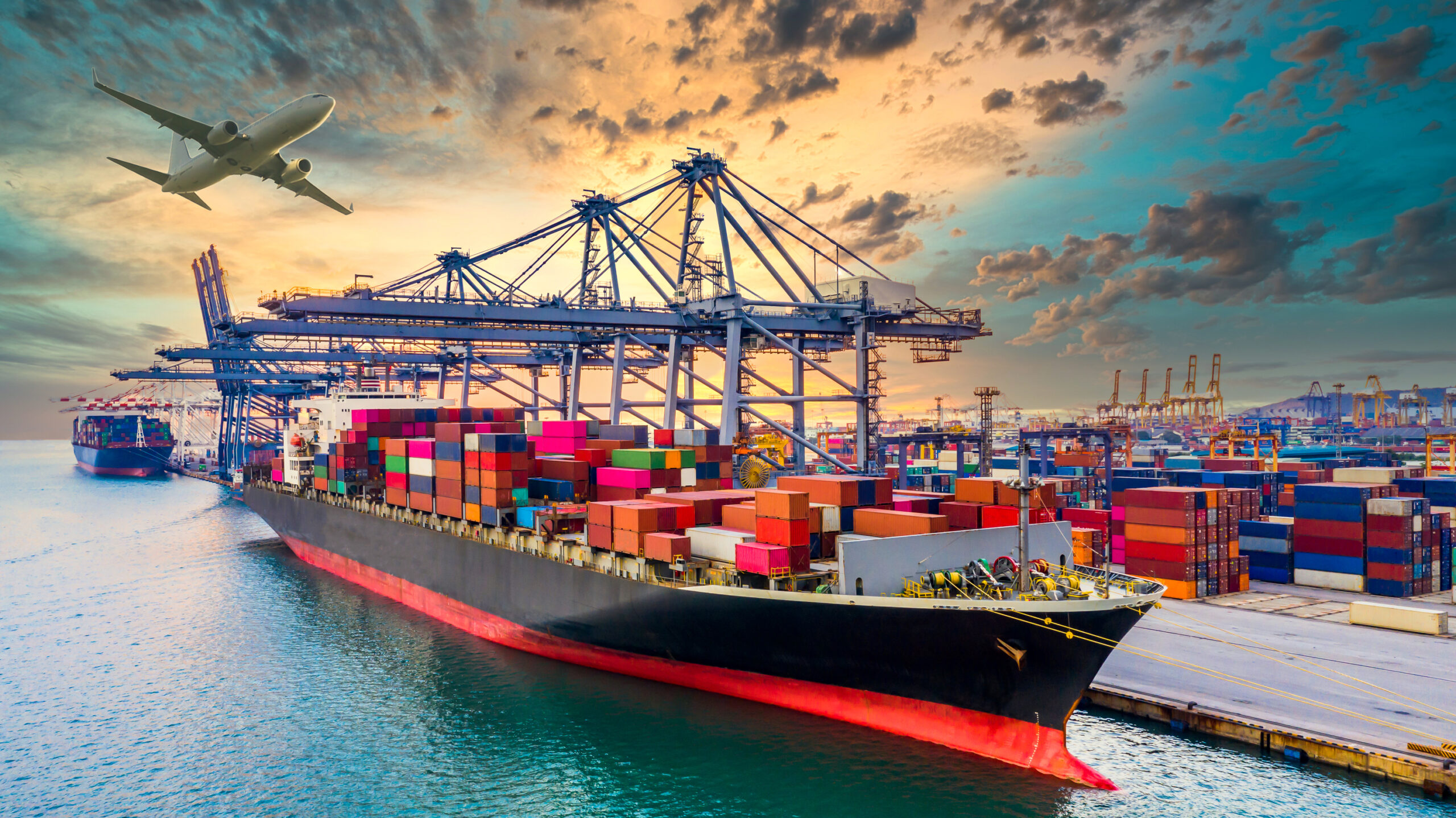Canadian political leaders are taking a stand against U.S. president-elect Donald Trump’s commitment to impose tariffs, once he is sworn into office in January.
President-elect Donald Trump promised on Monday massive hikes in tariffs on goods coming from Mexico, Canada and China starting on the first day of his administration.
The move, Trump said, will be in retaliation for illegal immigration and drugs coming across the border.
Similarly, Trump said that China will face an additional 10% tariff on its goods above any additional tariffs, on all of their many products coming into the United States of America, until it prevents the flow of illegal drugs into the United States.
He will also sign all necessary documents to charge, as Trump said, Mexico and Canada a 25% tariff on all products coming into the United States.
Canadian business leaders say Donald Trump’s threat to impose big tariffs on all Canadian goods would be a “lose-lose” scenario.
Canada has stressed its importance to the United States, shortly after Trump said he would impose high import tariffs on all goods from the neighbouring country as soon as he returns to the White House in January.
After issuing his tariff threat, Canadian politicians highlighted the fact that the Canada Border Services Agency (CBSA) is continuously strengthening its ability to detect opioids through enhanced inspections at ports of entry, detector dogs, and emerging technologies, preventing opioids from entering and leaving Canada.
Responding to Trump’s announcement on potential U.S. tariffs, the deputy prime minister and minister of finance, Chrystia Freeland, and the minister of public safety, Dominic LeBlanc issued a joint statement.
“Canada and the United States have one of the strongest and closest relationships-particularly when it comes to trade and border security. Canada places the highest priority on border security and the integrity of our shared border,” the statement reads.
“Our relationship today is balanced and mutually beneficial, particularly for American workers. Today, Canada buys more from the United States than China, Japan, France, and the UK combined. Canada is essential to US domestic energy supply, and last year 60 per cent of US crude oil imports originated in Canada.”
Last year, U.S. Customs and Border Protection had 2,045,838 irregular enforcement encounters outside official ports of entry on the U.S. southern border. In contrast, this number was 10,021 on the Canada-U.S. border, according to the joint release.
The statement also highlighted the cooperation between Canadian and US law enforcement agencies “to disrupt the scourge of the fentanyl coming from China and other countries.”
Immediately after the announcement, China’s foreign ministry spokesperson Mao Ning, responded to various media questions mentioning that “we’ve shared on multiple occasions what has been achieved in China-US counternarcotics cooperation”.
It is unclear whether Trump actually intends to proceed with the tariff as described.



